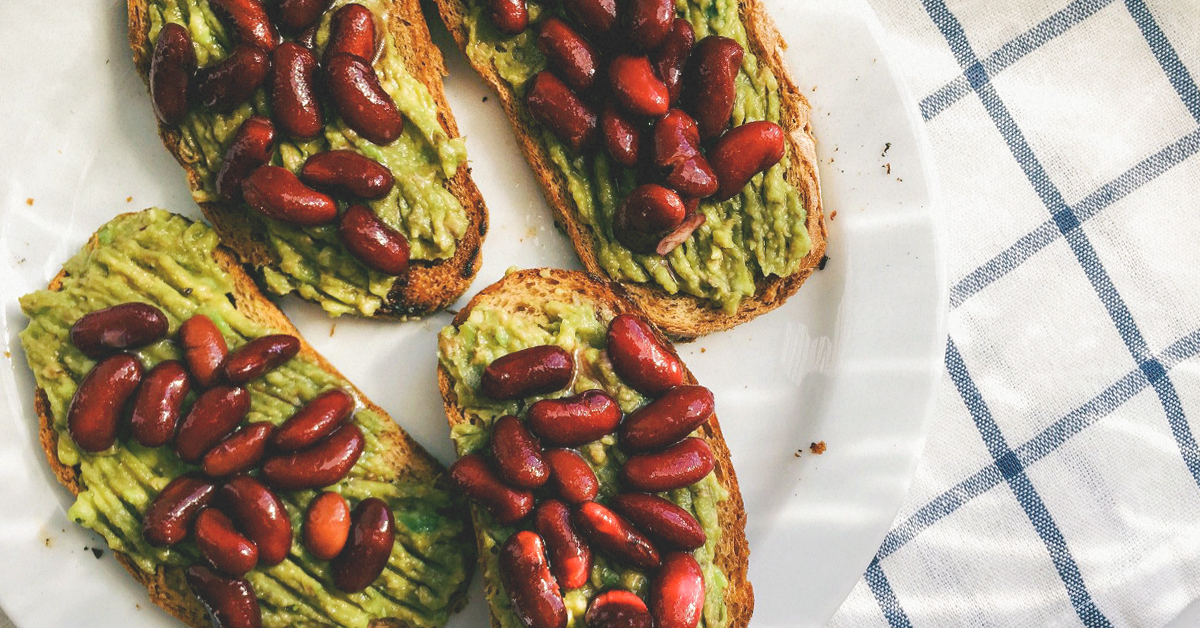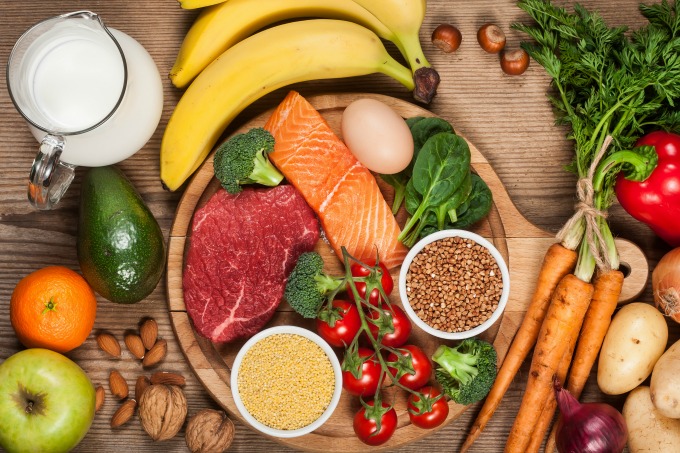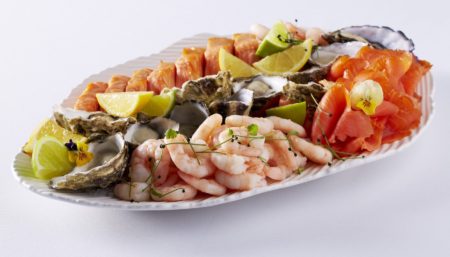
Thyroid eye disease (TED) — also called Graves’ eye disease — is a rare, progressive and vision-jeopardizing autoimmune disease associated with proptosis (eye bulging), diplopia (double vision), blurred vision, pain, inflammation and facial disfigurement.
Women are five to six times more likely than men to get the disease. Cigarette smokers are at significantly increased risk to develop the disease, and when they do, often have more severe and prolonged activity that threatens vision.
Graves’ eye disease stems from the immune system’s attack on healthy tissue. Hyperthyroidism, in most prevalent form is Graves’ disease in which the body’s autoimmune response causes the thyroid gland to produce too much T3 and T4.
Graves’ disease typically presents before the age of 40.
Thyroid Eye Disease & Diet Modification

Nutritional Recommendations for TED or Graves’ disease that we can follow to improve our health:
- Try a Low Iodine Intake: According to The American Thyroid Association one with TED should follow a low iodine diet. Foods and drinks that are low in iodine include: non-iodized salt, egg whites, fresh or frozen vegetables, tea and black coffee, herbs and spices, vegetable oils, sugar, jam, jelly, and honey, unsalted nuts and nut butter, soda and lemonade, beer and wine, moderate portions of beef, chicken, turkey, veal, and lamb, fruit and fruit juices
- Increase Intake of Calcium in your diet: Graves’ disease can cause bone loss that can lead to other complications such as osteoporosis. Obtain calcium from dairy products, such as low-fat milk, low fat cheese, low fat and no added sugar yogurt, fortified foods, like, orange juice, soy milk, whole grains cereal and bread. Another source of calcium is green leafy vegetables, such as, spinach, okra, collards and turnip greens.
- Protein sources are going to be very important for strength and muscle mass restoration when you have Graves’ disease. Choose protein with low fat content, for example, fish, salmon, chicken without the skin, eggs, turkey, mushrooms and beans.
- Avoid refined foods, solid fats and foods with added sugars since those have less nutritional value, for instance, white bread, pastas, sugar, butter and fried food. Choose whole grains, baked or broiled foods, margarine, canola oil in spray and olive oil.

- Avoid Caffeine: The University of Maryland Medical Center, recommends avoiding caffeine, such as tea, coffee, chocolate and soft drinks. Caffeine could aggravate symptoms like anxiety and rapid heart rate.
- Increase Consumption of Antioxidants: since this disease is an autoimmune disease, antioxidants help keep your immune system strong. Some example are blackberries, blueberries, cranberries, raspberries, tomatoes and bell peppers.
Disclaimer
The Content is not intended to be a substitute for professional medical advice, diagnosis, or treatment. Always seek the advice of your physician or other qualified health provider with any questions you may have regarding a medical condition.



